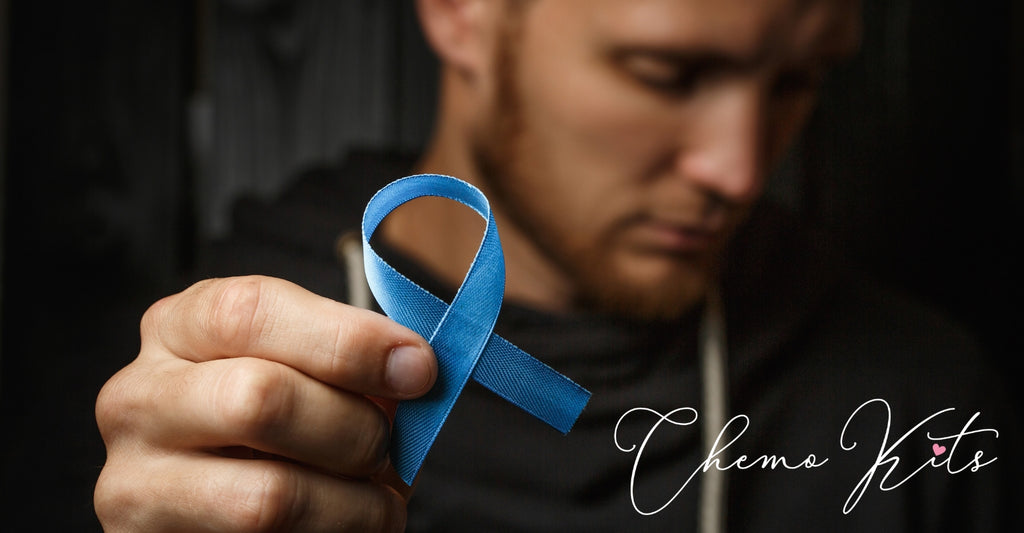
The hard truths about colon cancer and prevention

Introduction
Colon cancer is a type of cancer that affects the colon or rectum, which are part of the large intestine. Colon cancer occurs when abnormal cells in the colon or rectum grow uncontrollably and form a tumor. According to the American Cancer Society, colon cancer is the third most common cancer diagnosed in both men and women in the United States, and it is the second leading cause of cancer-related deaths. In this article, we will discuss the hard truths about colon cancer and prevention.
Risk factors for colon cancer
Age is the most significant risk factor for colon cancer. The risk of developing colon cancer increases with age, and most cases are diagnosed in people over 50. Family history and genetic factors also play a role in the development of colon cancer. Individuals who have a first-degree relative (parent, sibling, or child) with colon cancer are at higher risk. Inherited genetic conditions such as Lynch syndrome and familial adenomatous polyposis (FAP) can also increase the risk of colon cancer.
Lifestyle factors such as a diet high in red and processed meats, low in fiber, and physical inactivity can also increase the risk of colon cancer. Smoking and excessive alcohol consumption have also been linked to an increased risk of colon cancer.
Symptoms of colon cancer
Colon cancer often has no symptoms in its early stages. As the cancer grows, symptoms may include changes in bowel habits, such as diarrhea, constipation, or a change in stool consistency. Blood in the stool, abdominal discomfort or pain, and unexplained weight loss may also be symptoms of colon cancer.
Diagnosis of colon cancer
Screening tests such as colonoscopy, fecal occult blood test, and stool DNA test can detect colon cancer early when it is most treatable. Diagnostic tests such as CT scans, MRI, and PET scans are used to determine the stage and extent of the cancer.
Treatment options for colon cancer
The treatment options for colon cancer depend on the stage of the cancer and other individual factors. Surgery is the most common treatment for colon cancer. Chemotherapy, radiation therapy, and targeted therapy may also be used in combination with surgery.
Prevention of colon cancer
Preventing colon cancer starts with healthy lifestyle choices, such as maintaining a healthy weight, being physically active, and eating a diet high in fiber and low in red and processed meats. Quitting smoking and limiting alcohol consumption can also reduce the risk of colon cancer.
Screening and early detection are also essential for preventing colon cancer. Individuals at average risk should begin screening for colon cancer at age 50. Individuals with a family history of colon cancer or other risk factors may need to begin screening at an earlier age or have more frequent screenings. Genetic counseling and testing may also be recommended for individuals with a family history of colon cancer or known genetic mutations that increase their risk.
Resources:
- American Cancer Society - Colon and Rectal Cancer: https://www.cancer.org/cancer/colon-rectal-cancer.html
- Centers for Disease Control and Prevention - Colorectal Cancer: https://www.cdc.gov/cancer/colorectal/
- National Cancer Institute - Colon and Rectal Cancer: https://www.cancer.gov/types/colorectal
- Mayo Clinic - Colon Cancer: https://www.mayoclinic.org/diseases-conditions/colon-cancer/symptoms-causes/syc-20353669
- American Society of Clinical Oncology - Colorectal Cancer: https://www.cancer.net/cancer-types/colorectal-cancer
Conclusion
Colon cancer is a serious health concern that affects many people in the United States and around the world. While there are risk factors that cannot be changed, such as age and family history, there are also many ways to reduce the risk of colon cancer, such as making healthy lifestyle choices and undergoing regular screenings. Increased awareness and prevention efforts can help reduce the impact of colon cancer on individuals and society.Frequently Asked Questions (FAQs) about Colon Cancer and Prevention
- What is the best way to prevent colon cancer?
- What are the risk factors for colon cancer?
- What are the symptoms of colon cancer?
- How is colon cancer diagnosed?
- What are the treatment options for colon cancer?


















